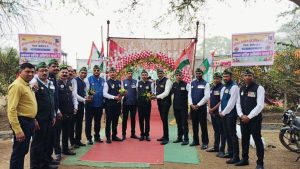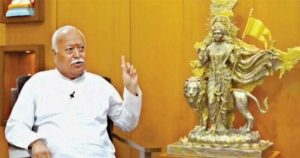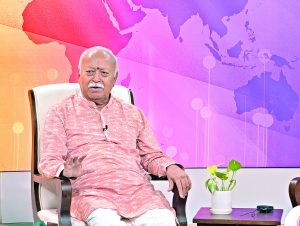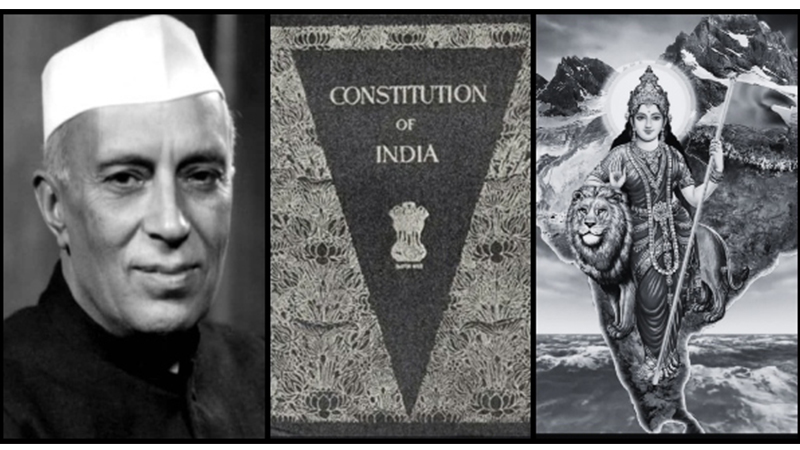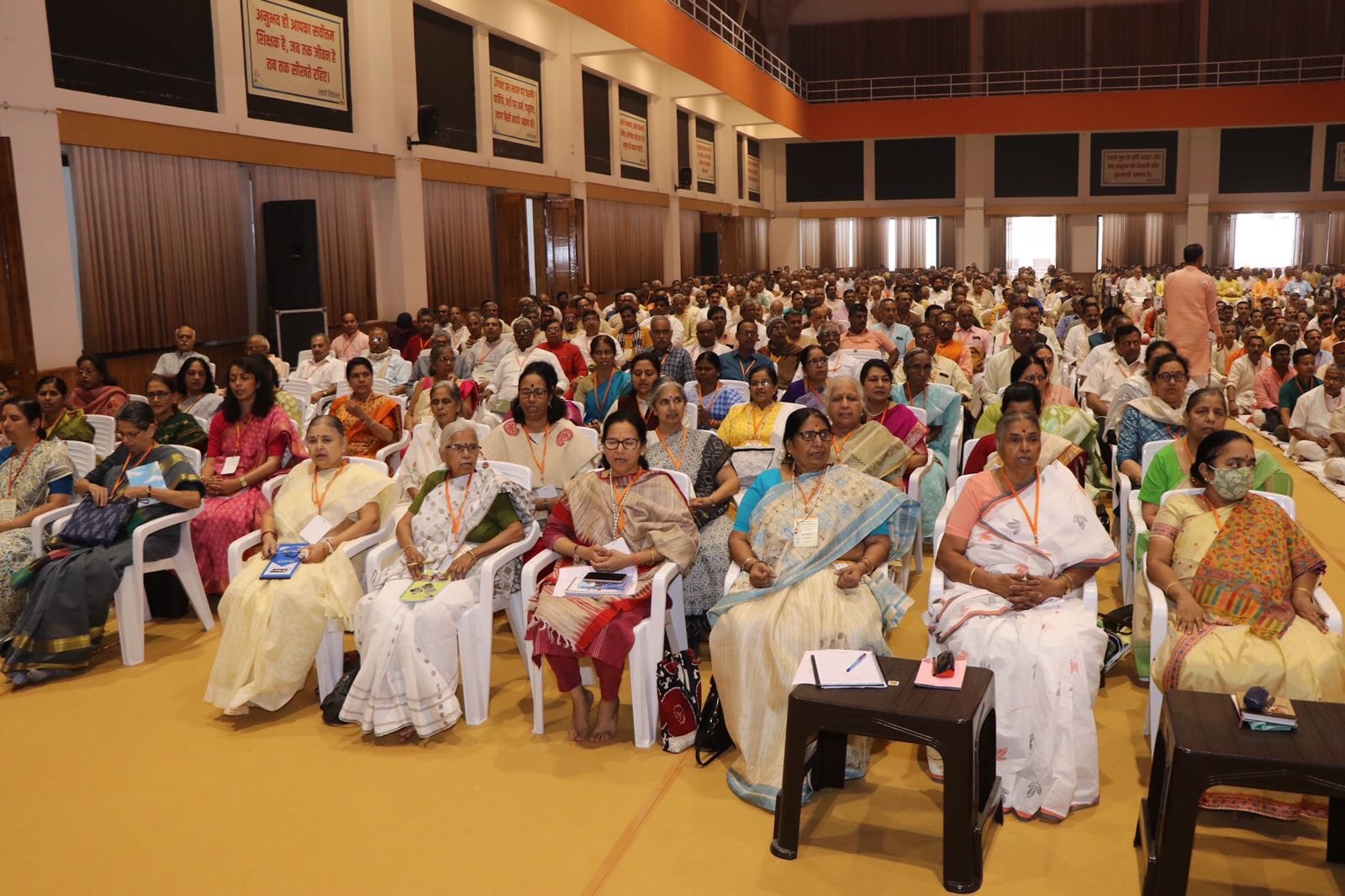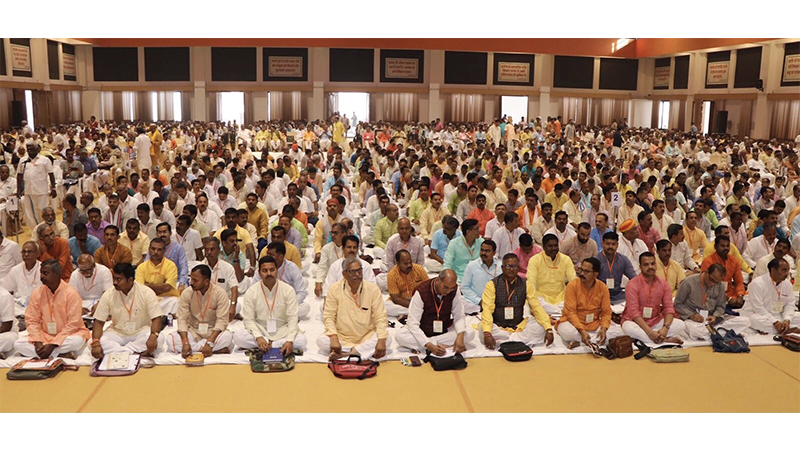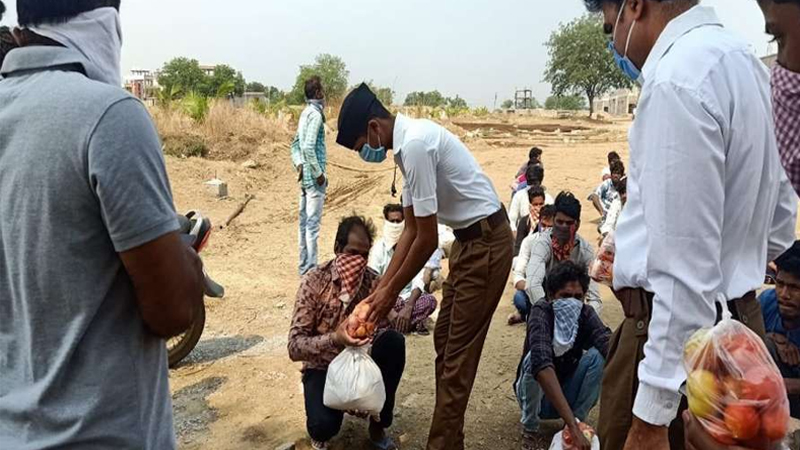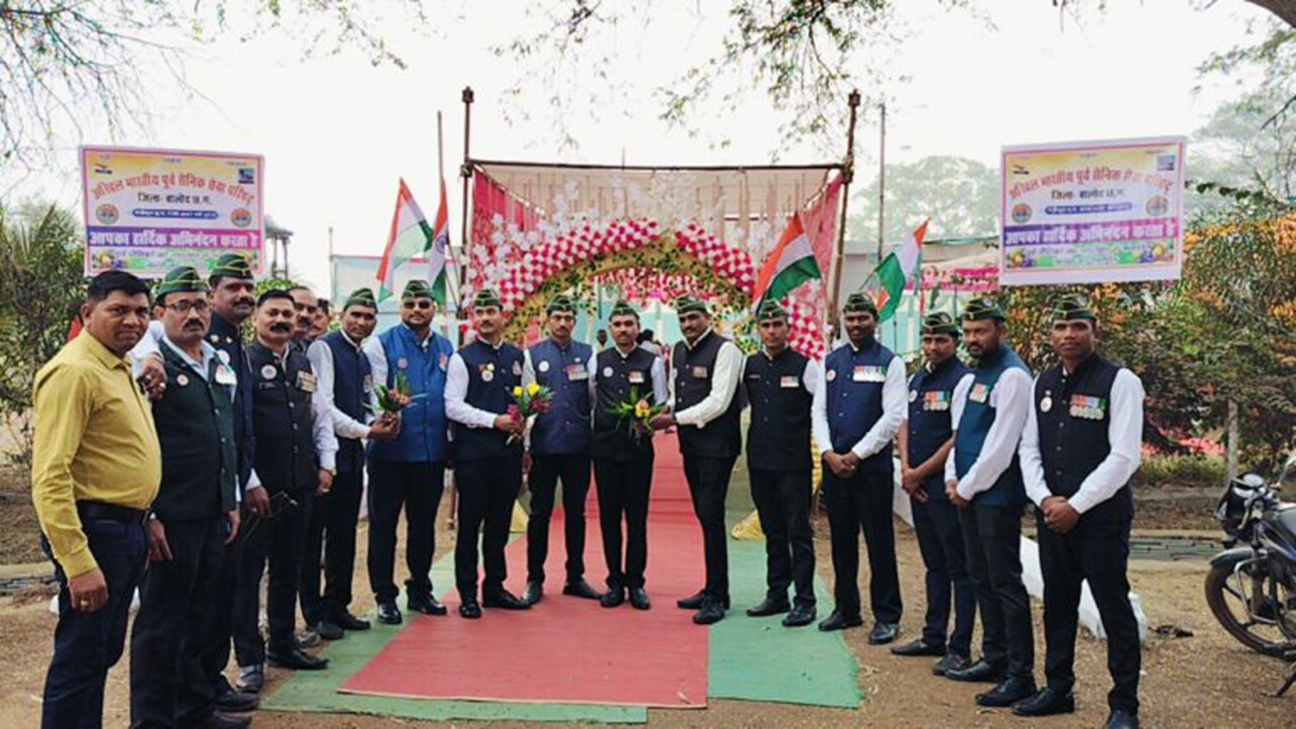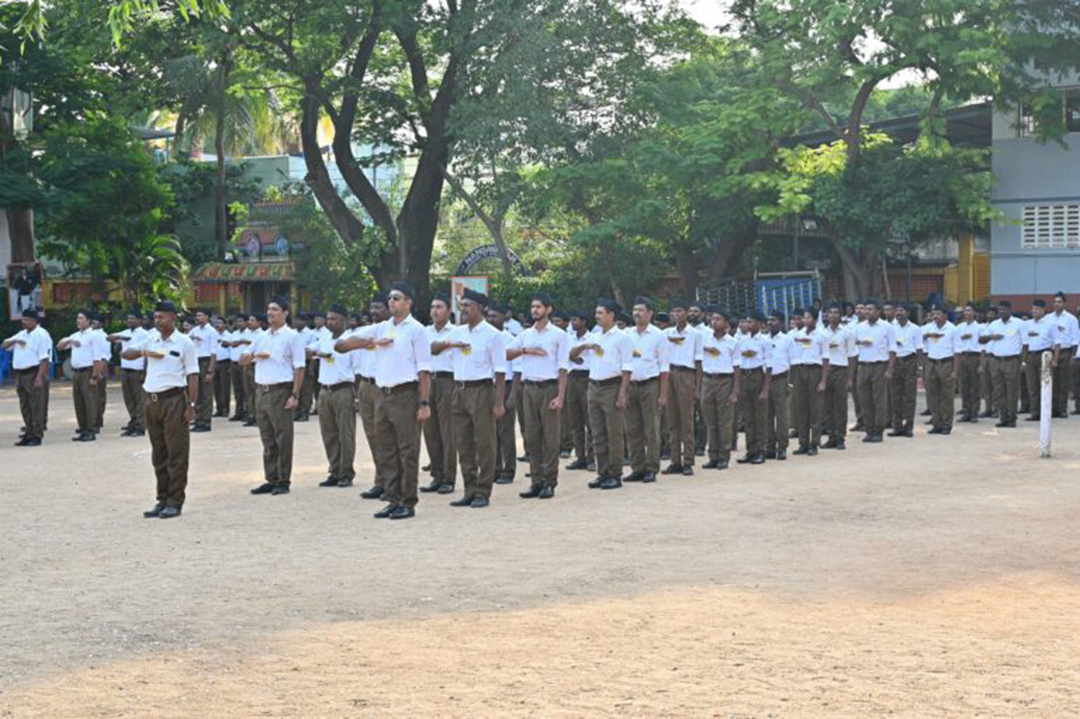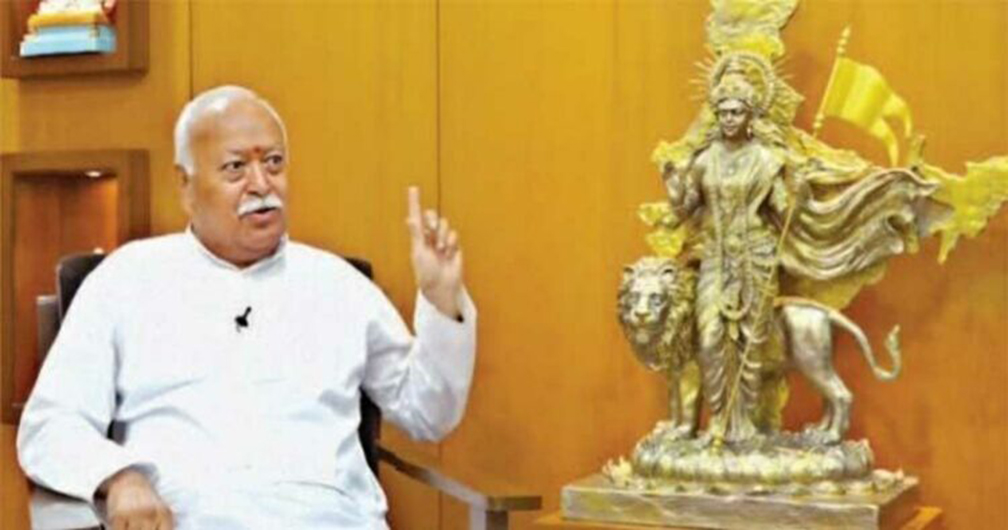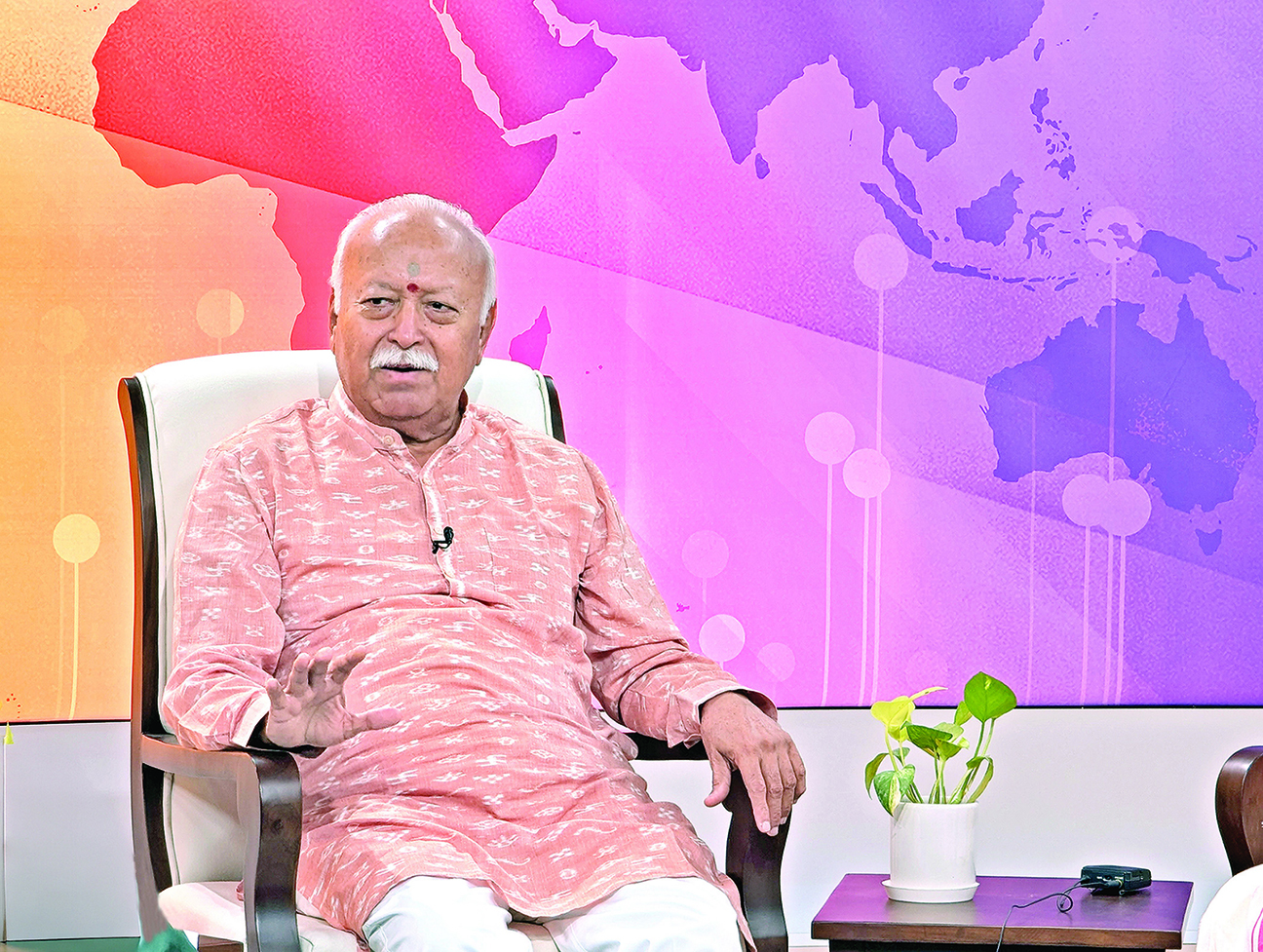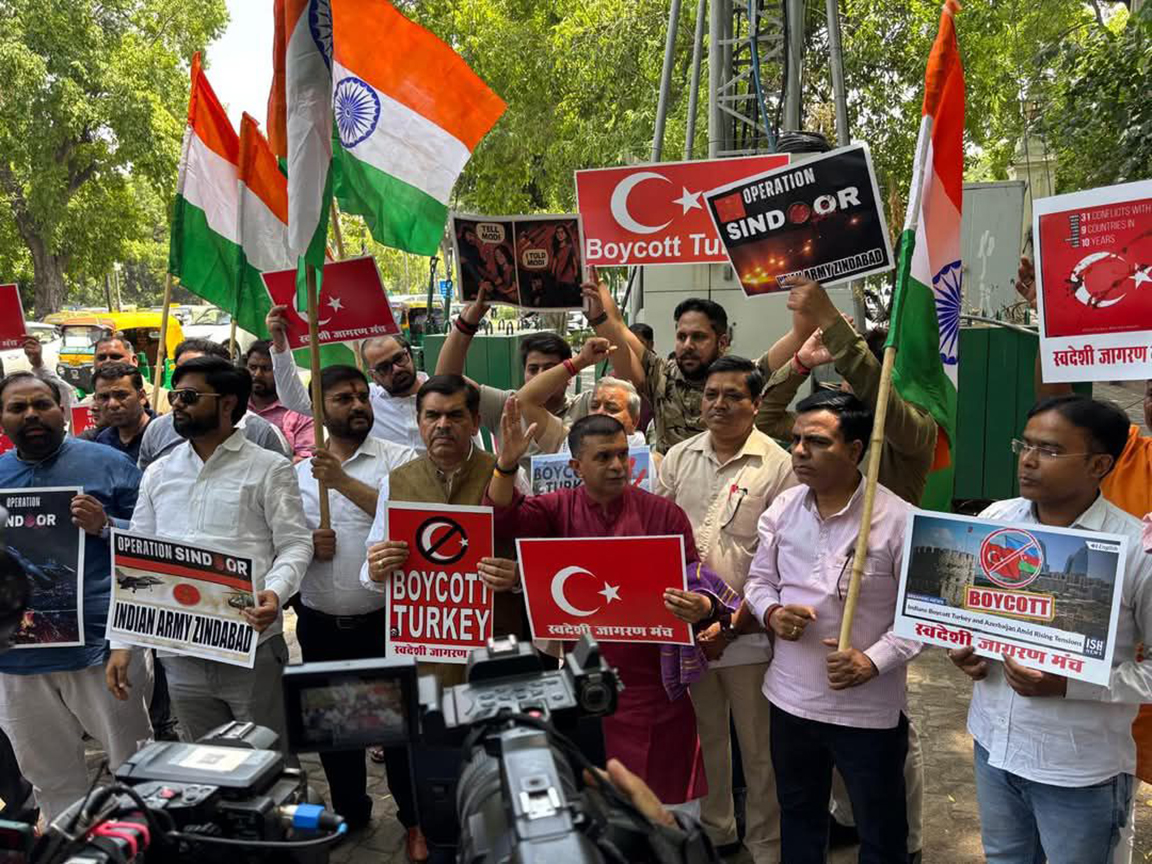Truth behind RSS chief Balasaheb Deoras’ letters to Indira Gandhi during Emergency
Updated: July 22, 2024 17:25
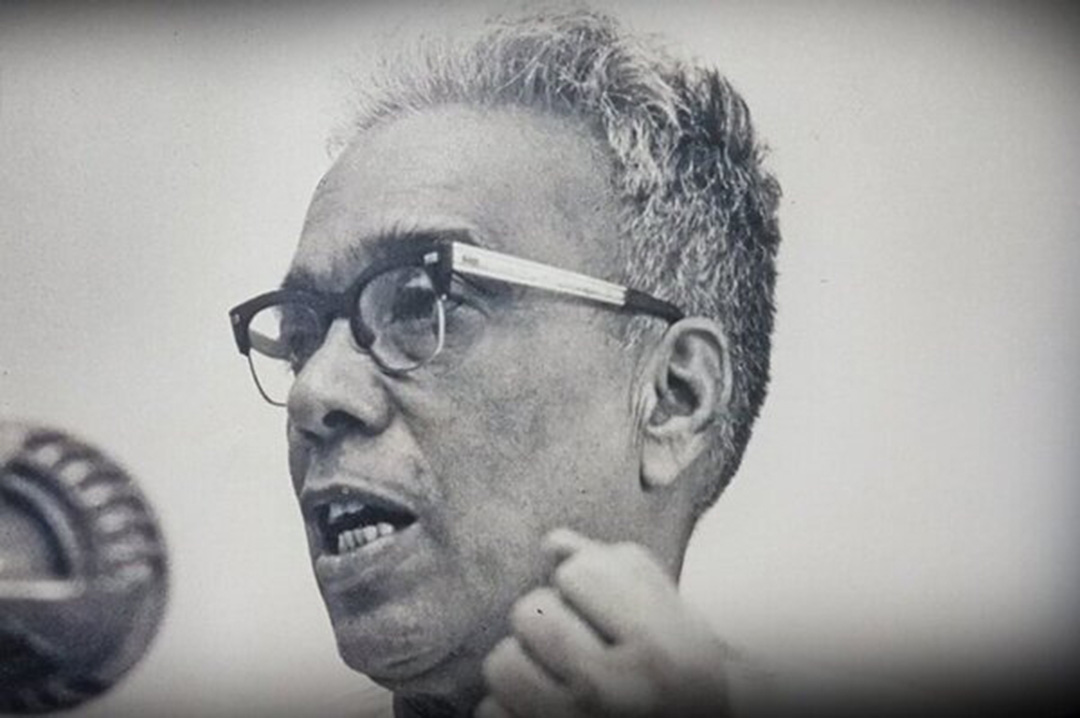
The government of India has declared June 25 as Samvidhan Hatya Diwas(Constitution Murder Day) through an official gazette notification. According to Union Home Minister Amit Shah, “On June 25, 1975, the then PM Indira Gandhi, in a brazen display of a dictatorial mindset, strangled the soul of our democracy by imposing the Emergency on the nation. Lakhs of people were thrown behind bars for no fault of their own, and the voice of the media was silenced. The Government of India has decided to observe the 25th of June every year as ‘Samvidhaan Hatya Diwas.’ This day will commemorate the massive contributions of all those who endured the inhuman pains of the 1975 Emergency.”
As soon as the announcement was made, some political leaders tried to question the role of the Rashtriya Swayamsevak Sangh (RSS) and its third Sarsanghchalak Balasaheb Deoras during emergency. And this isn’t the first time that this issue has been raised. At the centre of this controversy has been letters written by Deoras to Indira Gandhi from prison during emergency. Certain selective parts are quoted by the Sangh baiters to project as if Deoras was apologising to Indira Gandhi and Sangh had buckled under the pressure.
KR Malkani, an ideological stalwart of the RSS and well-known editor of ‘The Motherland’ and ‘Organiser’ had nailed these attempts to create a ‘fake narrative’ in his book ‘The RSS Story’ (Impex India; first edition; 1980). Malkani was the first person to be arrested under emergency in India. He was arrested around 2:30 am on 26 June from his Pandara road residence. At that time, he was editor of daily newspaper ‘The Motherland’ which was a fierce critic of Indira Gandhi. The Motherland was crushed by Indira Gandhi during emergency and it couldn’t revive ever.
Malkani remained in prison for almost 21 months which was the whole duration of emergency. He wrote a first-person account of emergency in ‘The RSS Story’.
Malkani recounted the factual details in his book that should silence the RSS critics on this issue. Two months after emergency was imposed Balasaheb wrote PM Gandhi a letter telling her that all allegations against RSS were false and asking her to lift the ban. There was no reply. Another three months later, he wrote to her a second letter, felicitating her on the validation of her election, repeating that the task of uplifting the society could not be done by a country divided against itself and again asking her to cast aside her prejudices and lift the ban on the Sangh.
Two other letters were addressed to Vinoba Bhave, requesting him to explain things to Indira Gandhi and ask her to lift the ban.
Malkani points out, “During and after the emergency, some Bharatiya Lok Dal (BLD) friends circulated the first and last paragraphs of these long letters to give the impression that RSS had compromised itself. Some people have criticised Shri Balasaheb’s congratulating her on the dubious validation of her invalidated election. But fact is that the Lok Sangharsh Samiti (the apex body overseeing joints struggle against emergency), which included the BLD, had already accepted the validation of her election and formally withdrawn its demand for her resignation. The BLD had, in addition, passed a resolution, unilaterally withdrawing from the struggle launched jointly!
The fact that very truncated versions of these letters were widely circulated when the full text was available – showed that the object of the broadcasters was not ” the truth, the whole truth and nothing but the truth”, but mischievous propaganda.
Malkani further elaborates, “Explaining why he had written those letters, Balasaheb said there was nothing wrong with that. “Eighty per cent of all emergency prisoners were RSS workers. Did I owe nothing to them and to their families? What was wrong with my trying to open a dialogue with the authorities for an honourable settlement?”
Interestingly enough, Mahatma Gandhiji used to write to the Viceroy immediately after launching a movement, just to open up a channel of communication. In the case of the ‘ Quit India’ movement, he wrote to the Viceroy within a week of his entering jail. Even more interesting, the RSS Satyagraha plans were being finalised during this very period. Babasaheb’s second letter to Indira Gandhi was dated November 10, 1975. And just four days later, the RSS launched a satyagraha that took 80,000 workers to jail all over the country and shook the Emergency regime.
Obviously Balasaheb was not compromising anybody or anything. He was only offering Government an honourable line of retreat, says Malkani.
In the last week of February 1977, when RSS was playing a crucial role in the making of a united opposition alliance in the form of Janata Party as the main opposition platform, another interesting incident happened which has not been talked about much. This incident also shows where did the RSS stand when it came to Indira Gandhi and Emergency. Malkani has given a detailed account of this incident as he was privy to it because of his seniority in the organisation.
In the last week of February 1977, Indira Gandhi established contacts with the RSS. A very senior officer was deputed to meet the top five underground RSS leaders. The offer was that she would lift the ban on the RSS and release the 30,000 RSS people still in jail, if it agreed to withdraw its workers from the Janata campaign. The RSS rejected the offer.
The RSS leaders pointed out that she had gone too far. Even the letters of the Sarsanghachalak had not been acknowledged. Swayamsevaks (volunteers), therefore, were bent upon settling the issue through the elections. And even if she won the election, Sangh was ready to launch an even bigger struggle to dislodge her.
The emissary argued that she must get something in return for lifting the ban. The RSS leaders argued that she didn’t deserve any prizes for righting a wrong—and that, too, so belatedly.
The emissary was told to take this message to Indira Gandhi, “You have ruined thousands of families, snatched the means of livelihood of thousands more and tortured countless workers. So, now if you lift the ban and release the innocent ones detained, there may still be some hope of removing some of the bitterness thus generated and assuaging the feelings of the victims.”
According to Malkani, the talks broke down at this stage. The emissary was, however, sporting enough to remark that he expected precisely such an honourable stand on the part of the RSS leadership. He also said that such a stand was natural in view of the fact that the RSS as an organisation was intact in spite of the ban.
“While those inside jails are mostly old, your youthful workers are functioning as if it is normalcy, the families of the MISA detenus are being looked after and your leaders are touring all over the country. As you are none the worse for the emergency, I expected precisely the kind of reply you have given”, the official said.
(The article was first published in moneycontrol.com. Link: https://www.moneycontrol.com/news/opinion/truth-behind-rss-chief-balasaheb-deoras-letters-to-indira-gandhi-during-emergency-12770118.html)
